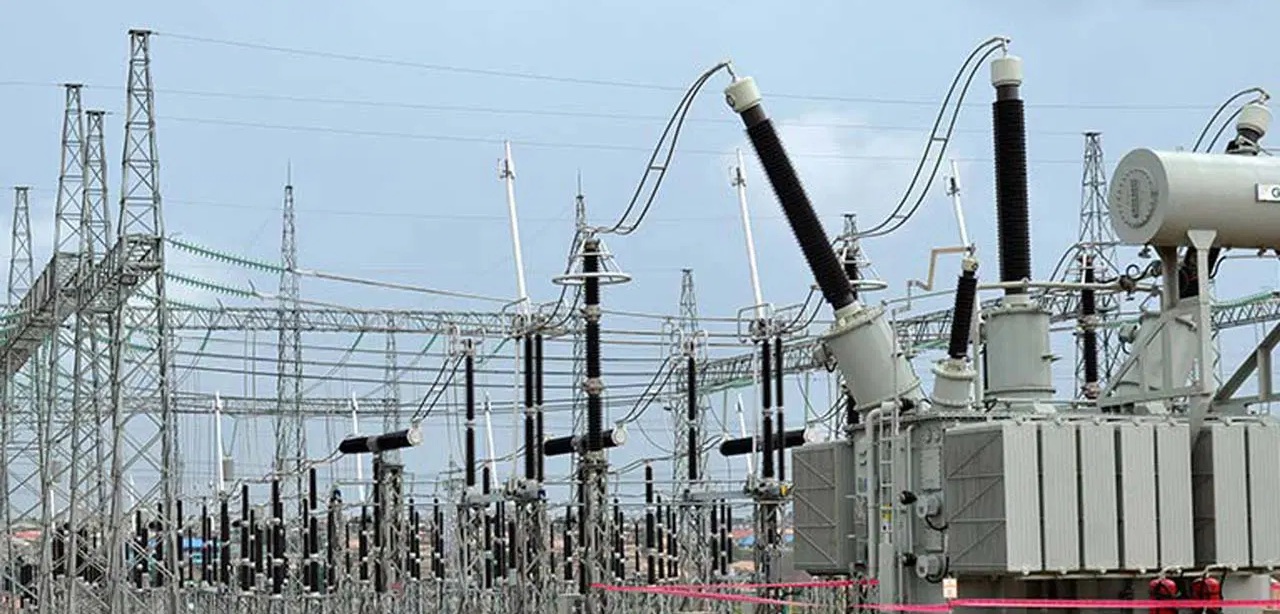Following the Enugu Electricity Regulatory Commission’s (EERC) recent directive lowering Band A electricity tariff from N209/kWh to N160/kWh, other Nigerian states with electricity market autonomy are now exploring similar steps.
The move, effective from August 1, 2025, has sparked widespread reactions, particularly from power generation and distribution stakeholders who warn that the policy could destabilise the already fragile sector.
Despite strong resistance from the Generation Companies (GenCos) and Distribution Companies (DisCos), Enugu State has remained resolute.
The state’s power regulator insisted that the decision was informed by due process and careful analysis.
EERC Chairman Chijioke Okonkwo stated that the new tariff is “cost-reflective” and considers the Federal Government’s subsidy on electricity generation.
However, GenCos and DisCos are not convinced.
Joy Ogaji, CEO of the Association of Power Generation Companies, described the policy as “a dangerous precedent.”
She said it was one that ignores the real costs of electricity production and leans on “questionable subsidy assumptions.”
She explained, “It is imperative to state that there is no FGN policy on subsidies.
“It is a debt accumulation.”
Ogaji expressed concerns over the assumption that the Federal Government will continue to absorb tariff shortfalls, particularly when power producers are owed over N5 trillion.
She emphasised that the current gap between the cost of generation (estimated at N112/kWh) and the N45/kWh covered by subsidy leaves a significant shortfall.
“This tariff issued by EERC has set a precedent for all other States…
“There are many burning questions about dealing with obligations and liabilities…
“Should EERC not be designing its tariff to remove its dependency on the FG and make its market attractive for investors?” she queried.
The National Electricity Regulatory Commission (NERC) recently acknowledged that seven states, Enugu, Ondo, Ekiti, Imo, Oyo, Edo, and Kogi, now independently manage their electricity markets under the Electricity Act 2023.
States such as Lagos, Ogun, Niger, and Plateau are expected to finalize their transition by September.
Responding to questions on their motivations, states like Plateau and Ondo echoed Enugu’s rationale.
Plateau’s Electricity Commission Chairman, Bagudu Hirse, said, “We are working towards making life better for the citizens of Plateau State, and we will bring down the electricity tariff for our people.”
Lagos also hinted at a similar plan but said it would proceed cautiously due to the state’s scale and energy demands.
Lagos Commissioner for Energy and Mineral Resources, Biodun Ogunleye, commented, “We are studying what they have released.
“We are looking at the number… Enugu is not up to one per cent of the national consumption.
“Lagos is 50 per cent… we have to be careful in whatever we do.”
Meanwhile, Ondo State’s Energy Commissioner, Johnson Alabi, revealed that his state was already operating independently but had not publicly disclosed its strategy.
He stated, “Once we sign our power purchase agreement, we will determine what the tariff will be.
“We are already determining tariffs for some would-be investors… we purchase our power directly from the Transmission Company of Nigeria.”
Ekiti State, on the other hand, has opted to maintain the national Multi-Year Tariff Order (MYTO) for now.
Commissioner Prof. Bolaji Aluko explained that the state intends to benefit from existing federal subsidies until all states complete their transitions.
“When you set your MYTO, then you must be prepared to provide the subsidy,” he said.
However, distribution companies have expressed deep skepticism.
An anonymous Disco executive stated, “What the EERC did is over the bar… Enugu just shot itself in the foot because the cost of producing 1kWh of electricity is more than N200.
“They fixed the tariff at N160/kWh. Who will pay for the shortfall?”
The official warned that such policies might deter private sector investment, as no investor would commit funds without clear cost recovery.
He added, “States should know that they can’t put Band A tariff shortfalls on the Federal Government.
“That is no longer possible because Band A is no longer subsidized.”
Amid this controversy, Okonkwo defended EERC’s process, noting that MainPower submitted operational and financial data, which the Commission used in line with its 2024 Tariff Methodology Regulation.
According to him, the current tariff was enabled by federal subsidies on power generation.
“We took advantage of that subsidy to compute a more affordable tariff for Enugu residents,” he noted.
But concerns remain over the long-term sustainability of such pricing.
Okonkwo acknowledged that, “If the subsidy is removed, the generation cost will jump to an average of N112/kWh,” which may raise tariffs beyond the N160/kWh threshold.
Energy sector experts are also weighing in. PowerUp Nigeria founder, Tayo Adegbenle, questioned EERC’s calculations.
“I don’t believe they have the right data and might have missed something… it is not right for Enugu State to desire regulatory autonomy without also considering other liabilities that come with it,” he said.
Bode Fadipe, another power sector stakeholder, offered a measured response, stating, “The issues are still unfolding.
“It may be too early… So, it stands to be seen what EERC is seeking to do.”
As more states in Nigeria, and potentially across West Africa, move toward energy independence, the debate over cost-reflective tariffs versus affordability continues to test the limits of decentralized electricity reform.







